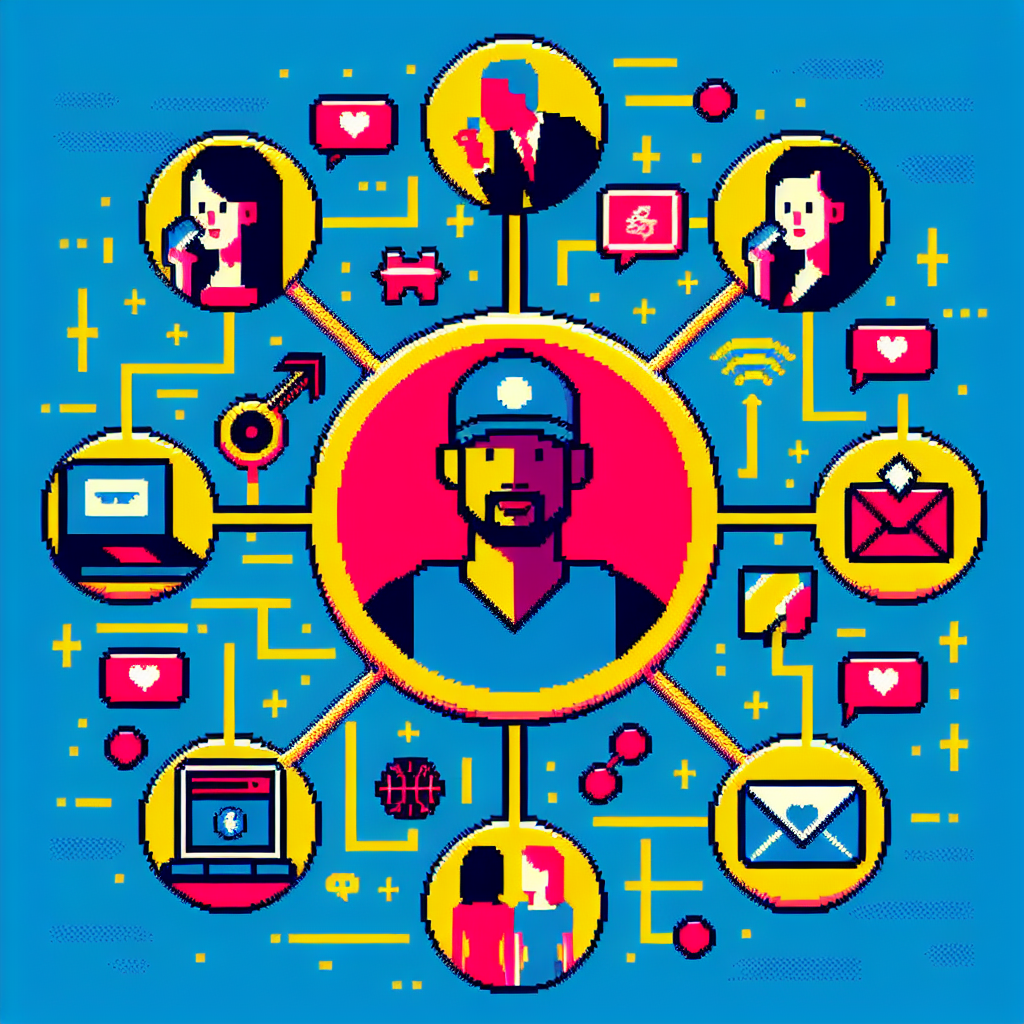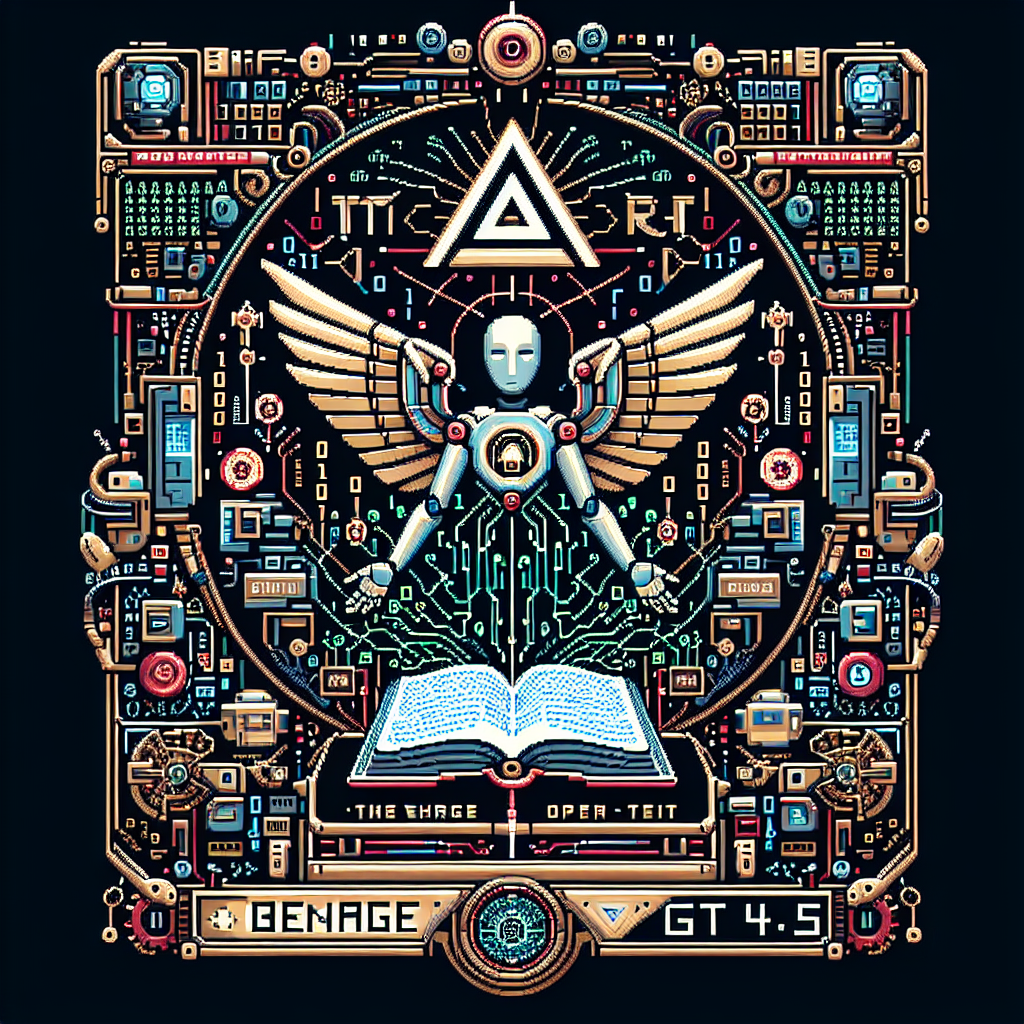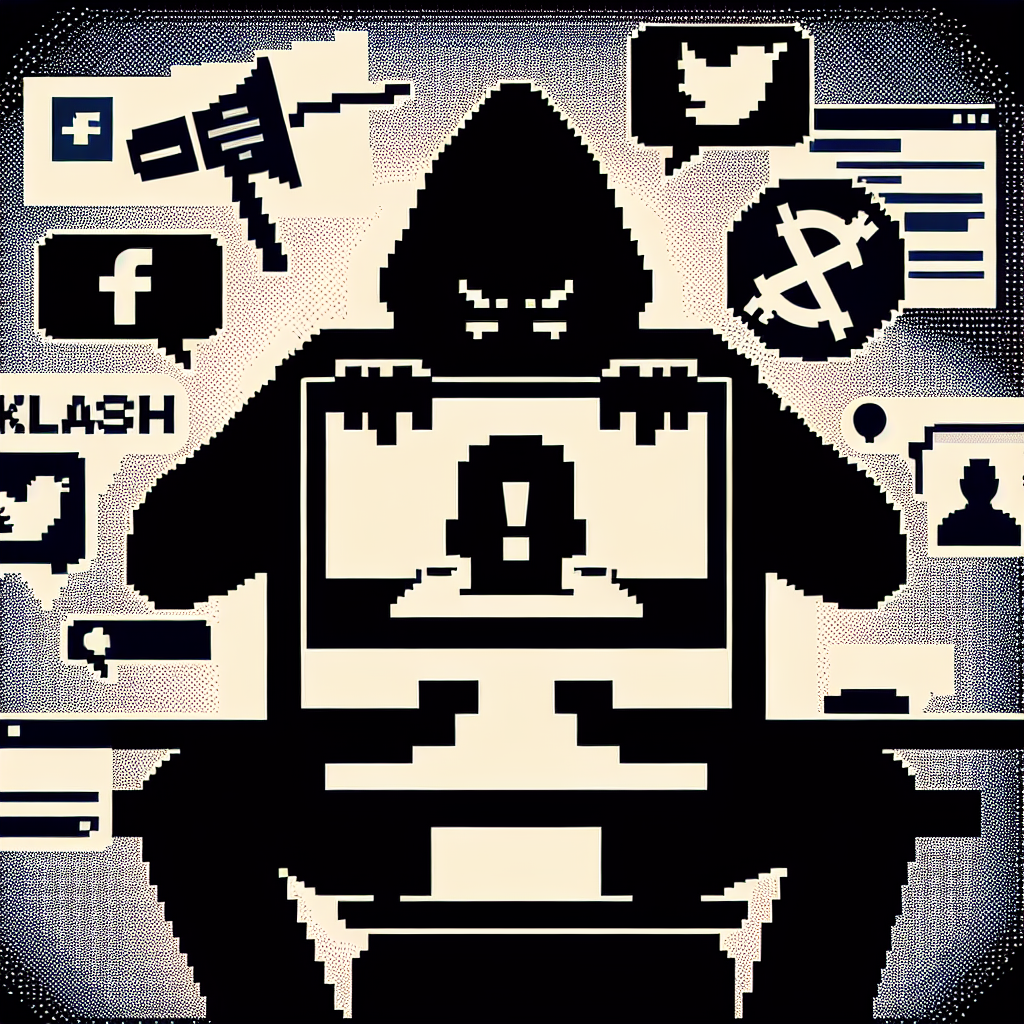Epstein’s emails and the Steve Tisch revelations: why the latest document dump matters
A short, sharp scene: an email thread from 2013 shows Jeffrey Epstein offering to connect New York Giants co-owner Steve Tisch with women — one exchange even has Tisch asking, “Is she fun?” The U.S. Department of Justice’s recent release of millions of pages of Epstein-related material has forced that exchange and others back into the public eye, raising familiar questions about power, access and accountability.
This post walks through what the records show, why those details matter beyond the salacious headlines, and how to think about reputational fallout when prominent figures appear in leaked or released documents tied to criminal networks.
Why this story landed in the headlines
- The Department of Justice released a massive trove of documents related to Jeffrey Epstein and Ghislaine Maxwell in late January 2026 under the Epstein Files Transparency Act.
- Multiple news outlets reported that the files contain emails from 2013 in which Epstein repeatedly offered or arranged meetings between women and Steve Tisch, who has been a co-owner and executive of the New York Giants for decades.
- Tisch has publicly said he “had a brief association” with Epstein, exchanged some emails about “adult women,” and “did not take him up on any of his invitations” nor visited Epstein’s private island. He was not charged with any crimes related to Epstein’s trafficking.
What the newly released emails actually show
- The exchanges appear to be largely contemporaneous threads from 2013 in which Epstein proposes or confirms introductions between Tisch and various women — described by Epstein in transactional language and sometimes with details about travel, age differences, or anxieties.
- Some messages show Tisch asking pointed questions (for example, whether a woman was a “working girl” or whether she was “fun”) and responding casually when Epstein followed up about encounters.
- Other messages reference professional topics — movies, philanthropy, or invitations to sporting events — mixing conventional networking with arrangements that read as personal and sexual in nature.
(These descriptions are based on contemporaneous reporting and direct excerpts from the released files as covered by major outlets.)
A few ways to interpret these revelations
- Reputation vs. criminal liability:
- Being named in documents or receiving introductions does not equal criminal wrongdoing. Tisch has not been charged, and he denies participation in criminal acts linked to Epstein.
- But reputational harm can be swift and enduring for public figures tied—even peripherally—to criminal networks, particularly in sex-trafficking scandals.
- Power dynamics and plausibility:
- The exchanges exhibit the social choreography that allowed Epstein to act as a broker of introductions between wealthy men and vulnerable or young women. That pattern matters because it helps explain how trafficking networks exploited influence and financial incentives.
- Media and institutional response:
- Teams, leagues, studios and foundations often respond defensively or with distance when board members or executives are implicated. Statements of regret, clarification of limited contact, or policies review are typical first steps — but not always sufficient to restore public trust.
What we should ask next
- Transparency: Will institutions connected to named individuals disclose any internal reviews or conclusions about conduct and associations?
- Context and corroboration: Do the emails stand alone, or are there additional documents, witness statements or contemporaneous evidence that further clarify intent and actions?
- Policy: How will sports franchises and cultural institutions update vetting and governance to reduce the risk of leaders being entangled in abusive networks?
What to remember
- Released emails indicate that Jeffrey Epstein acted as a connector between prominent men and women; they show social introductions and suggestive exchanges involving Steve Tisch but do not prove criminal conduct by Tisch.
- The public and institutions reasonably expect clearer explanations from those named in the files — both about what happened and about steps taken since to address any ethical lapses.
- Document dumps create headlines, but the long-term consequences fall on how organizations and individuals handle accountability, transparency, and prevention.
My take
The Epstein file releases are ugly, necessary reminders of how influence and commerce can cloak predatory behavior. When powerful people show up in those documents, we shouldn’t leap straight to assumptions about criminality — but we also shouldn’t minimize the moral responsibility that comes with wealth and leadership. The right first moves are clear: full transparency from institutions, independent review where warranted, and public policy that makes it harder for exploiters to operate in plain sight. The real test is whether cultural and legal systems learn from these revelations or simply file them away as another scandal headline.
Sources
-
Epstein frequently connected NY Giants co-owner Steve Tisch with women, emails show — ABC News (video and article).
https://abcnews.go.com/US/video/epstein-frequently-connected-ny-giants-owner-women-emails-129756751 -
Emails reportedly show Epstein scouted women for New York Giants co-owner Steve Tisch — The Guardian.
https://www.theguardian.com/sport/2026/jan/30/steve-tisch-epstein-emails-giants-owner -
New York Giants co-owner Tisch says he never went to Epstein’s island and regrets associating with him — CBS News.
https://www.cbsnews.com/newyork/news/steve-tisch-ny-giants-jeffrey-epstein-files/ -
The DOJ’s document release and wider reaction — Associated Press coverage of the broader Epstein file release.
https://apnews.com/article/682447e50bf9a3643a36c9b54ccdfa22
(Note: links above point to non-paywalled news reporting on the January 2026 release of Epstein-related documents.)
Related update: We recently published an article that expands on this topic: read the latest post.
Related update: We recently published an article that expands on this topic: read the latest post.
Related update: We recently published an article that expands on this topic: read the latest post.
Related update: We recently published an article that expands on this topic: read the latest post.
Related update: We recently published an article that expands on this topic: read the latest post.


